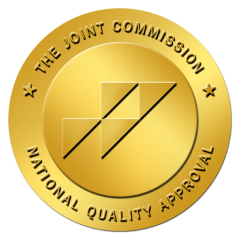In many cases, a phone interview is the first interaction you will have with a company, usually preceding an in-person or video interview. And the phone interview is also the company’s first chance to get an impression of you – that’s why you want to make it a good one.
Here are five tips to help you stand out and excel at your next phone interview:
#1: Be prepared.
The first rule for phone interviews is the same as it is for any interview: Do your homework ahead of time so that you’re prepared. First, know who you will be speaking with, whether it’s a hiring manager or department head. Brush up on the company itself, including its mission and values, its competitors, and where it sits in the market. Knowing as much as you can ahead of time sets you up for success.
#2: Set up your space.
Choose where you will take the phone call and set the space up accordingly. Remove distractions, pets, kids, computer screens, etc. Have a glass of water nearby, as well as a copy of your resume in front of you. It is wise to print out a copy of the job description, too, so that you can reference it during your call.
#3: Rehearse your success stories.
Inevitably, you will be asked to share some of your victories or successes throughout your past work history. Think about this ahead of time so that you are not caught off guard when the moment comes. Rehearsing your successes in this way helps you to discuss them truthfully and effectively. Of course, you might want to think about a time or two you made a mistake at work, also – and how you overcame those obstacles to turn the negative into a positive.
#4: Come prepared with questions.
At the end of the phone interview, the interviewer will almost certainly ask you if you have any questions for them. Saying “no” is a quick way to appear disinterested or disengaged. Ahead of time, prepare a few questions about the role or the company itself. This shows you are genuinely interested and that you are invested in the job, which puts you a leg up over the competition.
#5: Send a “thank you.”
Within 24 hours of the phone interview, send an email thanking the interviewer for their time, and reiterate how much you appreciated learning about the role and that you are looking forward to the next step. If you really want to make an impression, as well as mailing a handwritten note instead of crafting an email.
Ace Your Next Interview
Struggling to find the roles you really want during your job search? Let Medical Talent help. Get in touch with a member of our recruitment team to simplify and streamline your job search.
